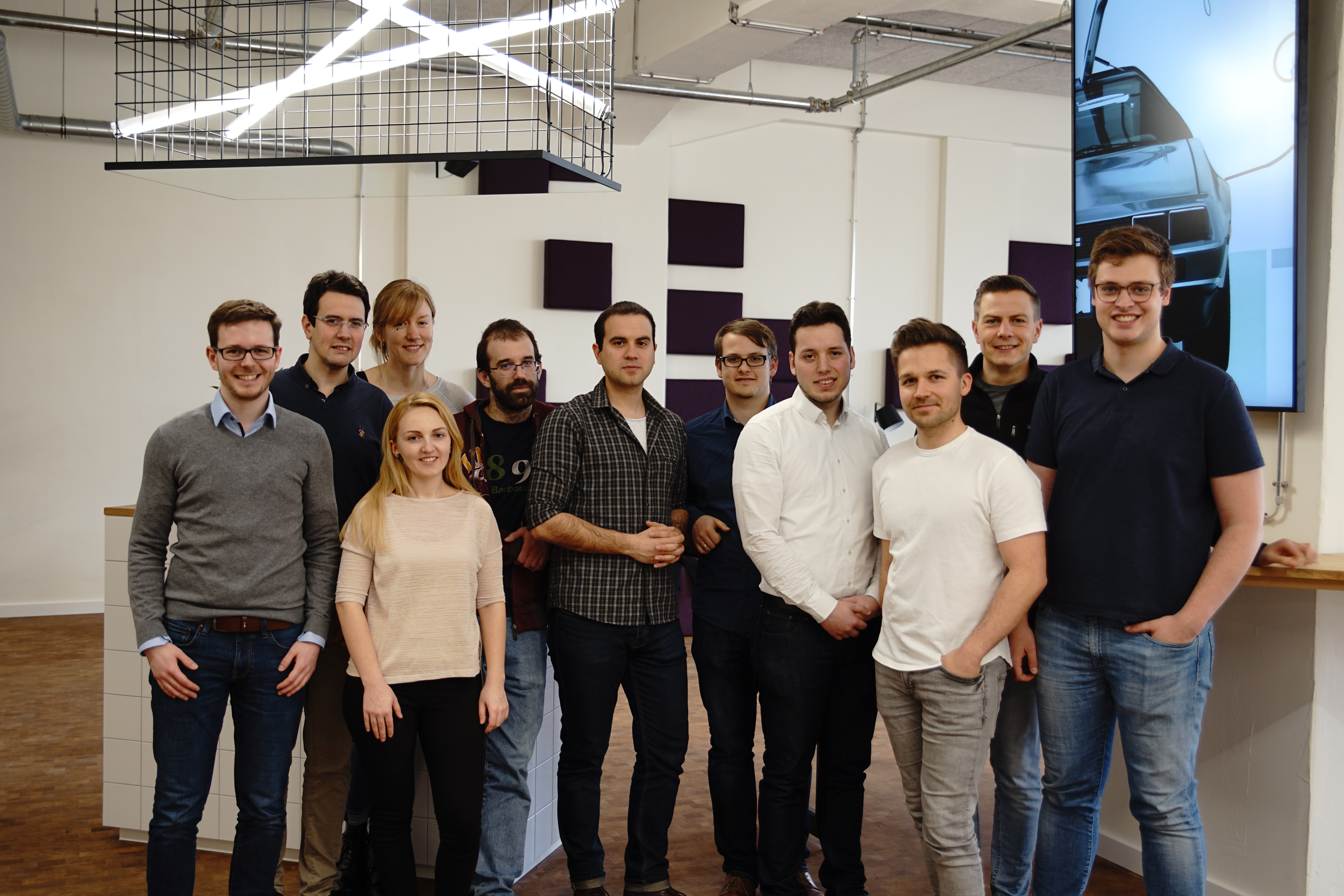Bliq tell us about their aspirations for Data Pitch and beyond.
Three out of four Europeans live in urban areas. Traffic congestion costs us €100 billion annually, and road transport generates 40% of CO2 emissions. To guarantee a sustainable future for Europe, we need solutions to reduce the carbon footprint of transportation around and within urban areas.
Germany-based startup Bliq (formerly AIPARK) develops innovative traffic solutions, including live parking maps for developers. We spoke to COO Johannes Riedel about their plans for Data Pitch.
What do you hope to achieve on the Data Pitch accelerator?
We’re developing a data pipeline to automate the process of creating and updating parking maps. We’re reusing existing data to bring our parking information services to many geographies at significantly lower investment by automating manual curation work.
What shared data will you work with and how will you use it?
As part of the Smart Transport challenge (leveraging traffic data to enable a sustainable future for Europe) we’re using remote sensing imagery from HEXAGON Geosystems.
We’re building up an advanced data analysis pipeline that uses high-resolution remote sensing imagery to automate the identification and georeferencing of vehicle parking options. Our live parking maps will help drivers find parking spaces more quickly, which will save drivers time, and reduce traffic congestion in cities.
Why do you think it is important for startups to work with large scale data providers?
A lot of data is available within organisations. By sharing what’s available, corporates can work together with startups to create new use cases and business models that have the potential to create a competitive advantage for both organisations.
What’s the best thing about working with data?
We love working with data because it makes the impact of our services extremely scalable – whether that is saving drivers time or cities money.
If you could change one thing about the data ecosystem what would it be?
Many organisations are still very reserved about sharing data. This happens even when they don’t have the competencies in-house to derive business value from the data they collect. We need an open mindset from everyone in regard to trying new things and working together within the data ecosystem.

